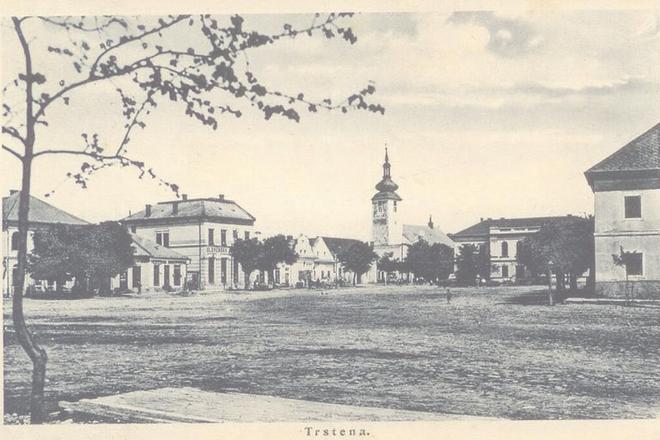THE TOWN of Trstená in the northern Orava region was founded in 1371 as part of medieval colonisation. Less than a hundred years later it became part of the domain of Orava Castle and gained more and more privileges. For example, it was exempt from the requirement to pay tolls and customs duties, so its burghers could freely visit market towns in Slovakia as well as across the border in neighbouring Poland.
Also, because of its position right on the border between Poland and the Hungarian lands the town received the 'right of the sword' which gave it authority to impose capital punishment. Information from 1625 indicates that Trstená had only 25 homesteads at that time, something akin to the smallest villages today.
But times were different then, which is shown by the fact that as late as the beginning of the 20th century only the most well-off residents of the village could build bigger houses made of brick.
For most of its history the Orava region belonged among the poorest regions of present-day Slovakia and for centuries readily-available wood was used as the main construction material. That is why Trstená burned to the ground several times. A fire from 1697 is often mentioned as the most devastating: the entire town, including both of its churches, went down in flames.
This postcard from the 1920s shows Trstená’s town centre and square, still not paved at that time.


